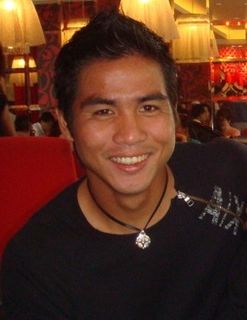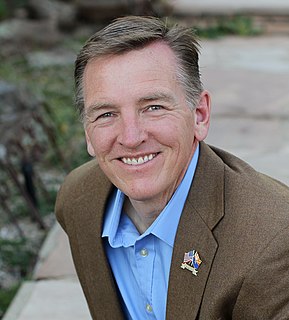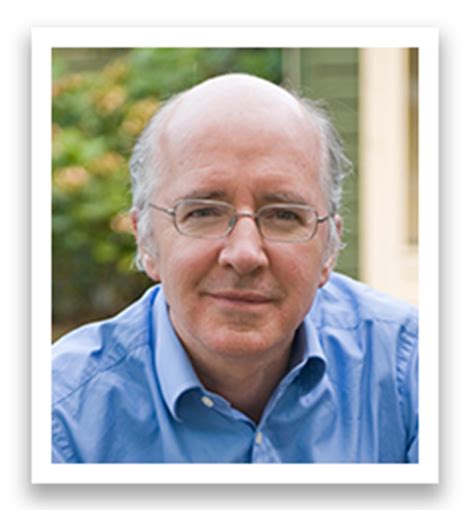A Quote by Marco Rubio
Cubans who arrive and can prove that they are refugees who are truly fleeing political persecution will continue to qualify as refugees. The only thing that I've asked for is to do away with automatic benefits granted to someone, basically, Cubans who come from Cuba, if it cannot be verified that they are refugees fleeing political persecution, so they will be treated the same way as any other immigrant who arrives in the United States, which is that legal immigrants in the United States don't have the right to any federal benefits for five years.
Quote Topics
Any
Arrive
Asked
Automatic
Away
Basically
Benefits
Cannot
Come
Continue
Cuba
Federal
Five
Five Years
Fleeing
Granted
Immigrant
Immigrants
Legal
Only
Other
Persecution
Political
Prove
Qualify
Refugees
Right
Same
Someone
States
The Only Thing
Thing
Treated
Truly
United
United States
Verified
Way
Which
Will
Years
Related Quotes
First, undoubtedly, there are some people who are coming from Cuba who immediately, or from any other country, benefit. But, what is the difference between that and someone who is coming from Nicaragua, Guatemala, Mexico, etc.? That is, we are simply going to say that someone who comes from another country to the United States - the first five years they're here - they don't qualify for federal benefits. They may benefit from local benefits, state benefits. Those decisions belong to other jurisdictions.
The United States, which has been called the home of the persecuted and the dispossessed, has been since its founding an asylum for emotional orphans. For over three hundred years, refugees from political oppression, religious persecution, famine, poverty, and a rigid class system which limited educational and economic opportunities have been leaving their native villages and cities and coming to the United States in search of freedom and a better life.
I believe the number is 70% of the world's refugees since World War II have been taken in by the United States. Every year, year in, year out, the United States admits more legal immigrants than the rest of the world combined. The United States has granted amnesty before to three million illegals and appears prepared to do it again.
The U.S. has long characterized Haitian immigrants as criminals. This tradition began in 1963 when the first boat of Haitians seeking political asylum was summarily rejected by U.S. immigration officials, while at the same time the U.S. admitted thousands of Cubans as refugees and political asylees.
As far as the refugees are concerned, it's not that America doesn't want to accept refugees.t's that we may not be able to, because this is an issue we have to be 100 percent right on. If we allow 9,999 Syrian refugees into the United States, and all of them are good people, but we allow one person in who's an ISIS killer - we just get one person wrong, we've got a serious problem.
If you look at the movement of refugees, in Vladimir Lenin's phrase, "the people who voted with their feet," the movement of refugees until comparatively modern times was overwhelmingly from West to East, not from East to West. Refugees of all kinds were constantly fleeing from Christendom to the Islamic lands. Jews of course and Muslims of course, but even some Christians and the movement of refugees went overwhelmingly that way.
The United Nations was the thing I wanted to work for. Like the United Nations Commission for Refugees is what I was interested in. And then people said if you do that you'll hit glass ceilings all the time, because you are not Ghanian or Nigerian and that's the way to progress though a multinational organization like that. In any event, they said do five years' legal experience and come back. And after five years I decided to stay where I was. So I am really an accidental lawyer.































